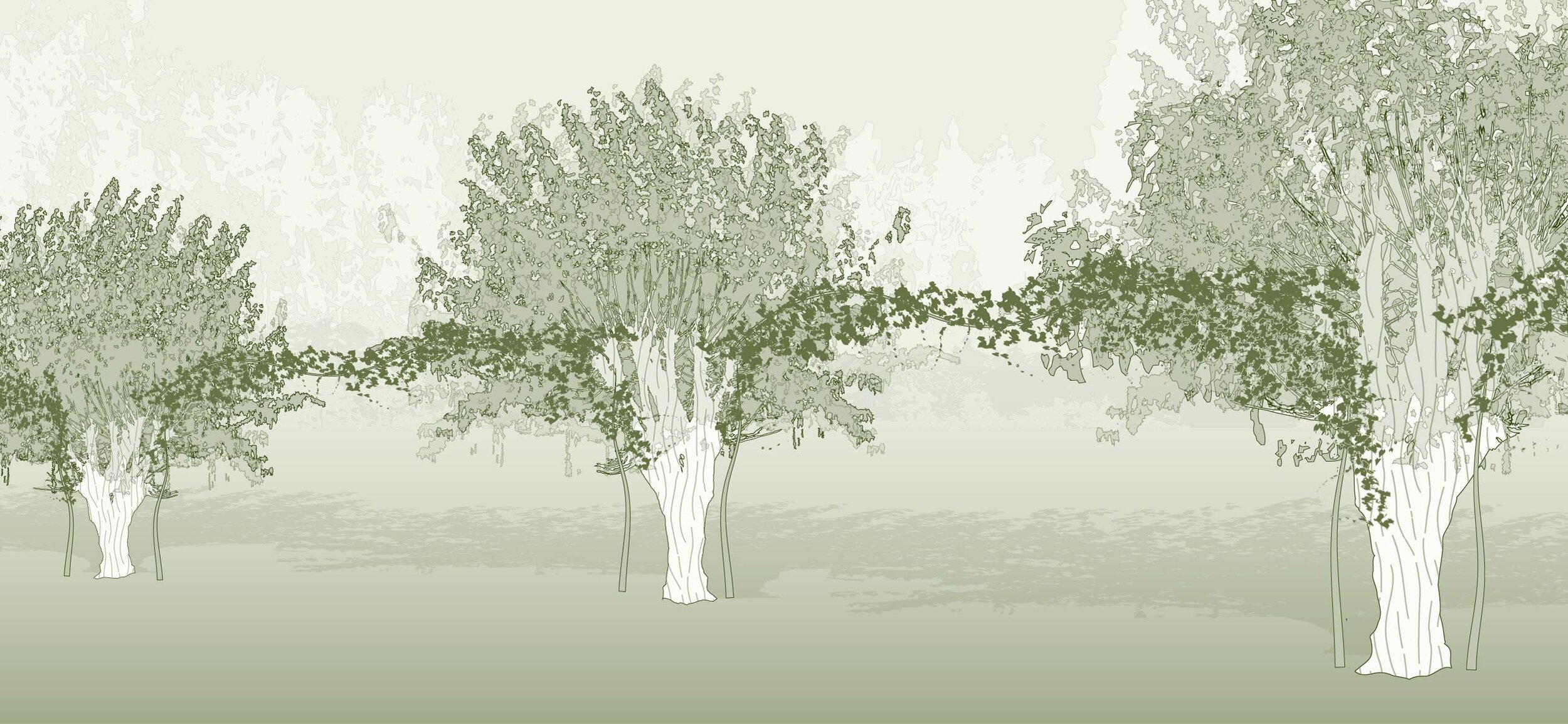
Interlace Commons
Staff
Interlace Commons Staff
Meghan Giroux, MSc.
Founding Executive Director
Meghan is an agroforestry practitioner, service provider, and researcher with two decades of experience growing perennial crops in agricultural and nursery settings. Through her company, Interlace Agroforestry Farm LLC, and funding support from the USDA and the New York State Department of Agriculture and Markets, Meghan is developing a sixty-acre demonstration site that exemplifies ancient and modern forms of agroforestry, including the five USDA-defined practices. Meghan is the co-author of two forthcoming manuals on agroforestry. She has been a visiting lecturer at Yale School of the Environment, where she taught the science and practice of temperate agroforestry. She is committed to using her natural resource management background to help land stewards protect and improve ecosystem function, increase biodiversity, and identify ways to enhance land-based livelihood strategies.
Rand Hagenstein
Consultant
Rand Hagenstein is an ecologist who has worked in non-profit leadership, conservation, and natural resource research and analysis in northern ecosystems for over 30 years. He comes to Interlace Commons from Regeneration North, Inc., where he served as co-owner and Chief Strategist, working on projects to promote natural climate solutions, food security, and ecological and community resilience. His previous posts include more than two decades at the helm of The Nature Conservancy, Alaska, where he served as Director of Conservation and then State Director. He is also currently the co-owner of Ebb Tide Ocean Farm, a start-up kelp farm in Alaska’s Kachemak Bay.
Jess Reid, B.S.
Farm and Administrative Coordinator
Jess Reid has been a farmer, Peace Corps Volunteer, and Program Director for an urban gardening organization. She graduated from Saint Michael's College after studying anthropology, focusing on farming and food systems. After her academic experience, Jess pursued meaningful work on understanding how people cultivate and grow food, fuel, and fiber. As an Agriculture Extension Agent in Madagascar, she worked with farmers to facilitate regional tree plantings focused on erosion mitigation while providing educational opportunities for local schools. She loves engaging in community-focused solutions that support the land and the people and communities stewarding it.
Rafter Ferguson, Ph.D.
Consultant
Rafter is a researcher and educator focusing on diversified farms, grassroots farmer networks, and justice and equity issues in agriculture. After receiving his Ph.D. from the University of Illinois and postdoctoral work at the University of Lisbon and Haverford College, he spent three years in the Food and Environment program at the Union of Concerned Scientists. There, he worked on projects addressing racial equity in agriculture, helped steward relationships with grassroots partners and tribal organizations, authored blogs including Why We Can’t Separate Justice and Sustainability in the Food System, and led reports on the impacts of farmland consolidation on Black farmers and new farmers, and on the impacts of climate change on farmworkers.
Ruth Tyson
Consultant
A plant-lover and naturalist, Ruth has invested in understanding her curiosity and passion for sustainable food as a bridge between the natural and social worlds. After studying Sociology and Environmental Studies at St. Mary’s College of Maryland, she committed to building a sovereign, sustainable, transparent, and just local food economy for Black and Brown communities like the food apartheid that impacted her childhood neighborhood. She believes in the power of research, storytelling, art, personal transformation, and organizing as necessary healing modalities for individuals, communities, and ecosystems. Ruth brings a Black queer ecofeminist framework to the gardening/farming, education, advocacy, nutrition, food service, food retail, and foraging worlds of the DMV and nationally. Ruth is creating digital content, hosting plant walks, and consulting for local and regional food and farm organizations to pollinate transformative ideas and relationships to heal land and people.
